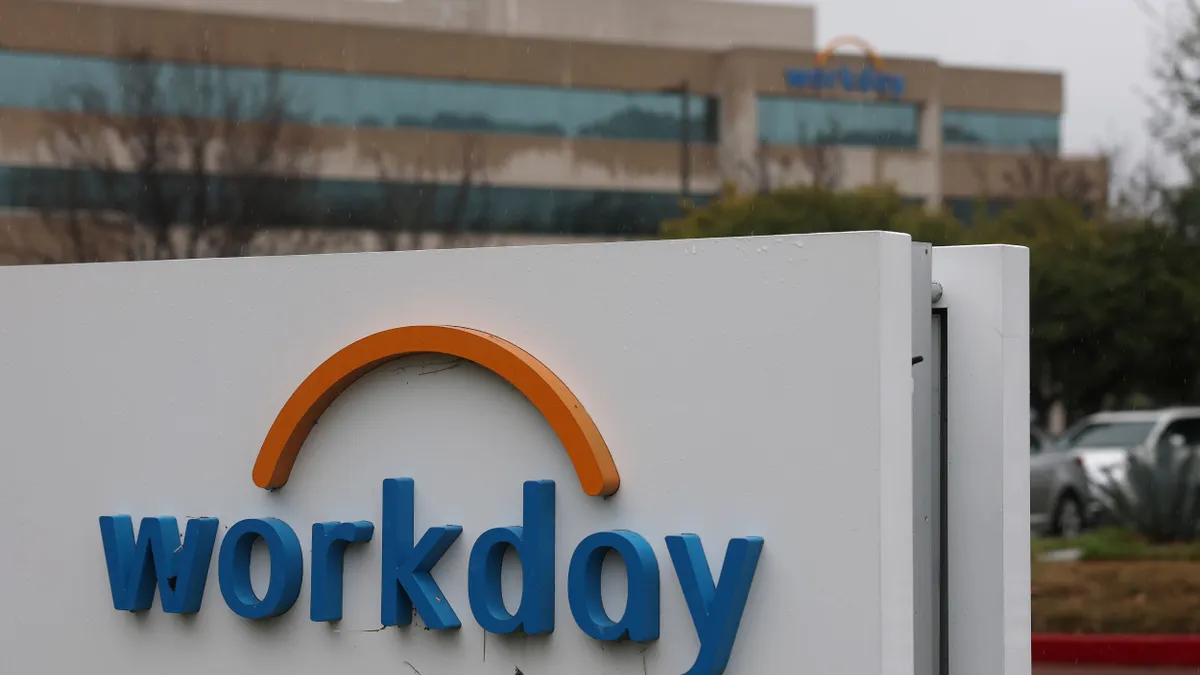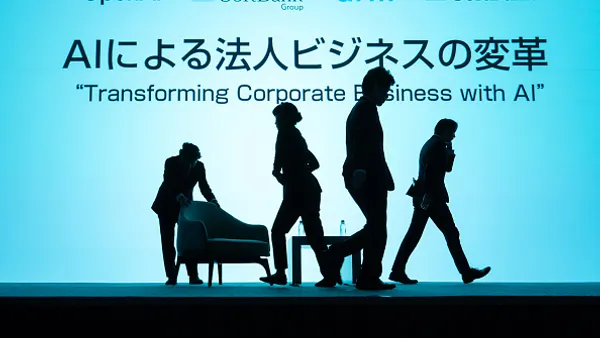Workday has agreed to acquire Paradox, an agentic AI platform primarily built for high-volume front-line industries, the company announced Aug. 21.
Paradox boasts clients such as Wendy’s, 7-Eleven and GM and is widely known for its “conversational AI” assistant Olivia that automates various aspects of recruiting, including screening, interview scheduling and candidate preparation. This acquisition is the second AI-focused deal for Workday this month alone; on Aug. 14, it announced it acquired Flowise, an open-source AI agent builder.
“Workday’s acquisition of Paradox is a highly strategic move,” Josh Bersin, global industry analyst and CEO of The Josh Bersin Co., said in a statement published by Workday. “This establishes Workday as a leader in high-volume, front-line hiring, which covers 70% of the jobs in the world, and also brings a pioneering AI product team into the company.”
Bersin expanded on the news in a post on his own site, explaining that Paradox “could have a major impact on Workday’s ongoing efforts to migrate its architecture to an AI agent core.” It also sets Workday up to compete with rising innovators in the space, like MakiPeople, Eightfold and Phenom, he said. Workday began pivoting more seriously to AI in 2023, alongside rising interest in the technology across the HR space.
Workday announced its earnings the same day of the announcement; while the company beat expectations, stocks still took a hit due to “an ongoing downturn in the software industry,” MarketWatch reported.
Workday also remains in the midst of a collective-action lawsuit regarding its AI-based applicant recommendation system that allegedly discriminated against workers age 40 and older.
Notably, both Workday and Paradox experienced high-profile security breaches this year. Hackers broke into the Workday customer support system, but there was no sign of data access, the company said. McDonald’s “McHire” platform — powered by Paradox — also saw a major security breach that could have exposed the data of millions of job applicants due to the use of default credentials (“123456” for both username and password). Paradox disputed the figure, saying data belonging to only five U.S.-based applicants was accessed by researchers who discovered the error.















